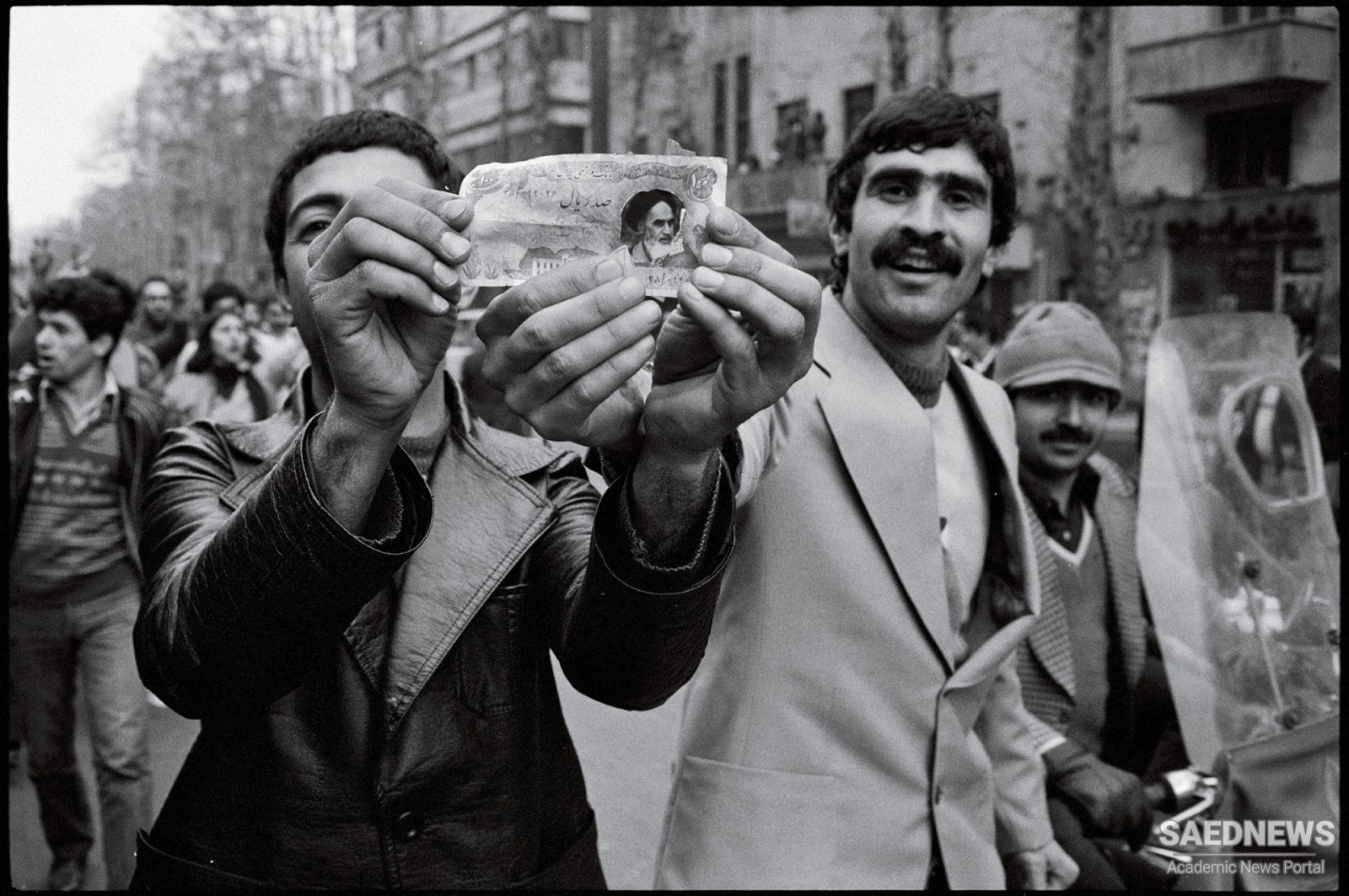While alienating much of the country, the Shah felt confident that his ever-expanding state gave him absolute control over society. This impression was as deceptive as the formidable-looking dams he took pride in building. They looked impressive – solid, modern, and indestructible. In fact, they were inefficient, wasteful, clogged with sediment, and easily breached. Even the state with its vast army of government personnel proved unreliable in the final analysis. The civil servants, like the rest of the country, joined the revolution by going on strike. They knew that the shah, the Pahlavis, and the whole institution of monarchy could be relegated to the dustbin of history without undermining the actual state. They saw the shah as an entirely separate entity from the state. They acted not as cogs in the state machinery but as members of society – indeed as citizens with grievances similar to those voiced by the rest of the salaried middle class. These grievances were summed up in 1976 – on the half-century anniversary of the Pahlavi dynasty – by an exiled opposition paper published in Paris. An article entitled “Fifty Years of Treason” indicted the regime on fifty separate counts of political, economic, cultural, and social wrongdoings. These included: the coup d’état of 1921 as well as that of 1953; trampling the fundamental laws and making a mockery of the Constitutional Revolution; granting capitulations reminiscent of nineteenthcentury colonialism; forming military alliances with the West; murdering opponents and shooting down unarmed protestors, especially in June 1963; purging patriotic officers from the armed forces; opening up the economy – especially the agricultural market – to foreign agrobusinesses; establishing a one-party state with a cult of personality; highjacking religion and taking over religious institutions; undermining national identity by spreading “cultural imperialism”; cultivating “fascism” by propagating shah-worship, racism, Aryanism, and anti-Arabism; and, most recently, establishing a one-party state with the intention of totally dominating society. “These fifty years,” the article exclaimed, “contain fifty counts of treason.”


 Shah Surrenders to the Clergy and People: Heavy Cancellation Penalty Paid to the Regie
Shah Surrenders to the Clergy and People: Heavy Cancellation Penalty Paid to the Regie














































